Current Oncology, Free Full-Text
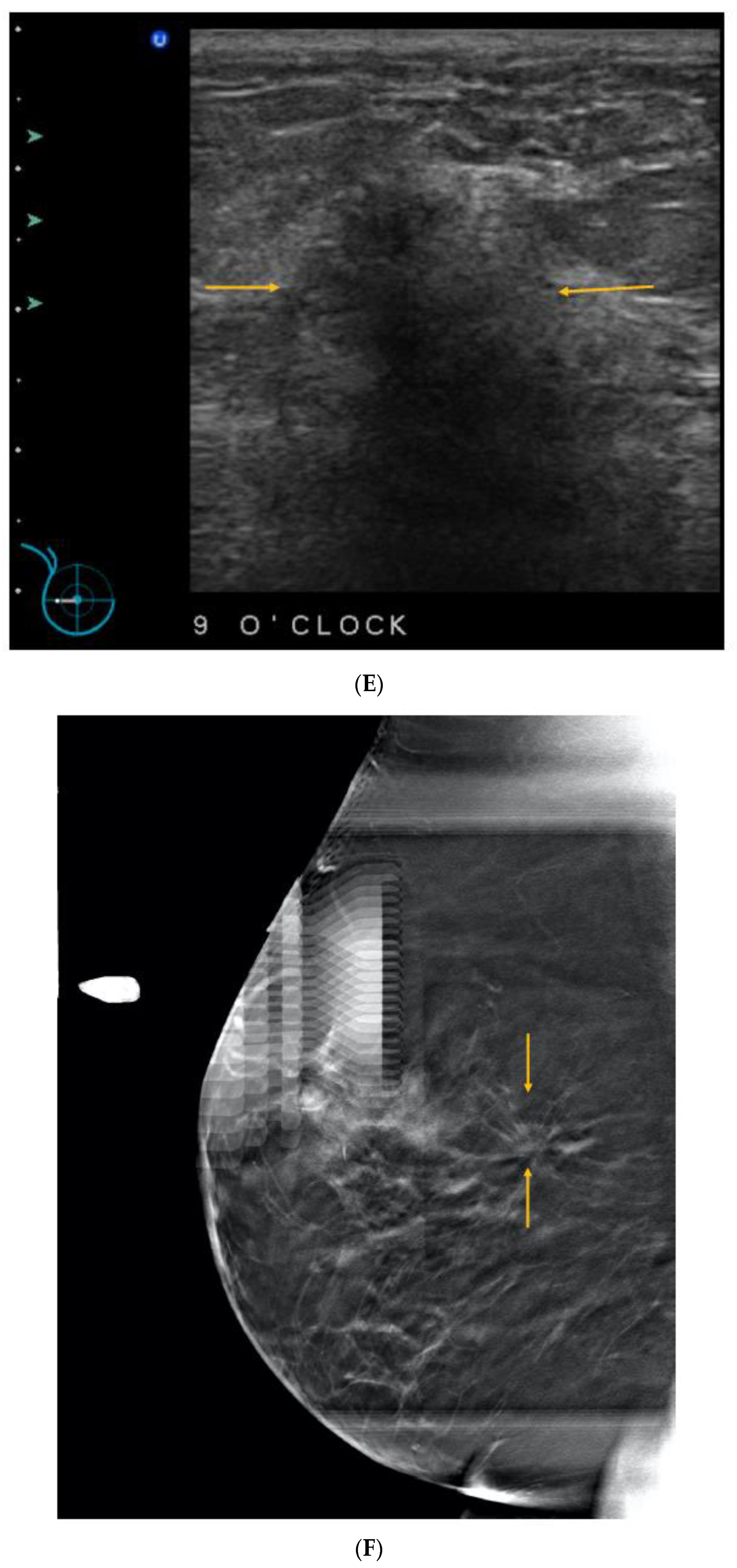
The purpose of breast cancer screening is to find cancers early to reduce mortality and to allow successful treatment with less aggressive therapy. Mammography is the gold standard for breast cancer screening. Its efficacy in reducing mortality from breast cancer was proven in randomized controlled trials (RCTs) conducted from the early 1960s to the mid 1990s. Panels that recommend breast cancer screening guidelines have traditionally relied on the old RCTs, which did not include considerations of breast density, race/ethnicity, current hormone therapy, and other risk factors. Women do not all benefit equally from mammography. Mortality reduction is significantly lower in women with dense breasts because normal dense tissue can mask cancers on mammograms. Moreover, women with dense breasts are known to be at increased risk. To provide equity, breast cancer screening guidelines should be created with the goal of maximizing mortality reduction and allowing less aggressive therapy, which may include decreasing the interval between screening mammograms and recommending consideration of supplemental screening for women with dense breasts. This review will address the issue of dense breasts and the impact on the stage of breast cancer at the time of diagnosis, and discuss options for supplemental screening.

NEJM on X: Get the latest research in Hematology/Oncology reports at / X
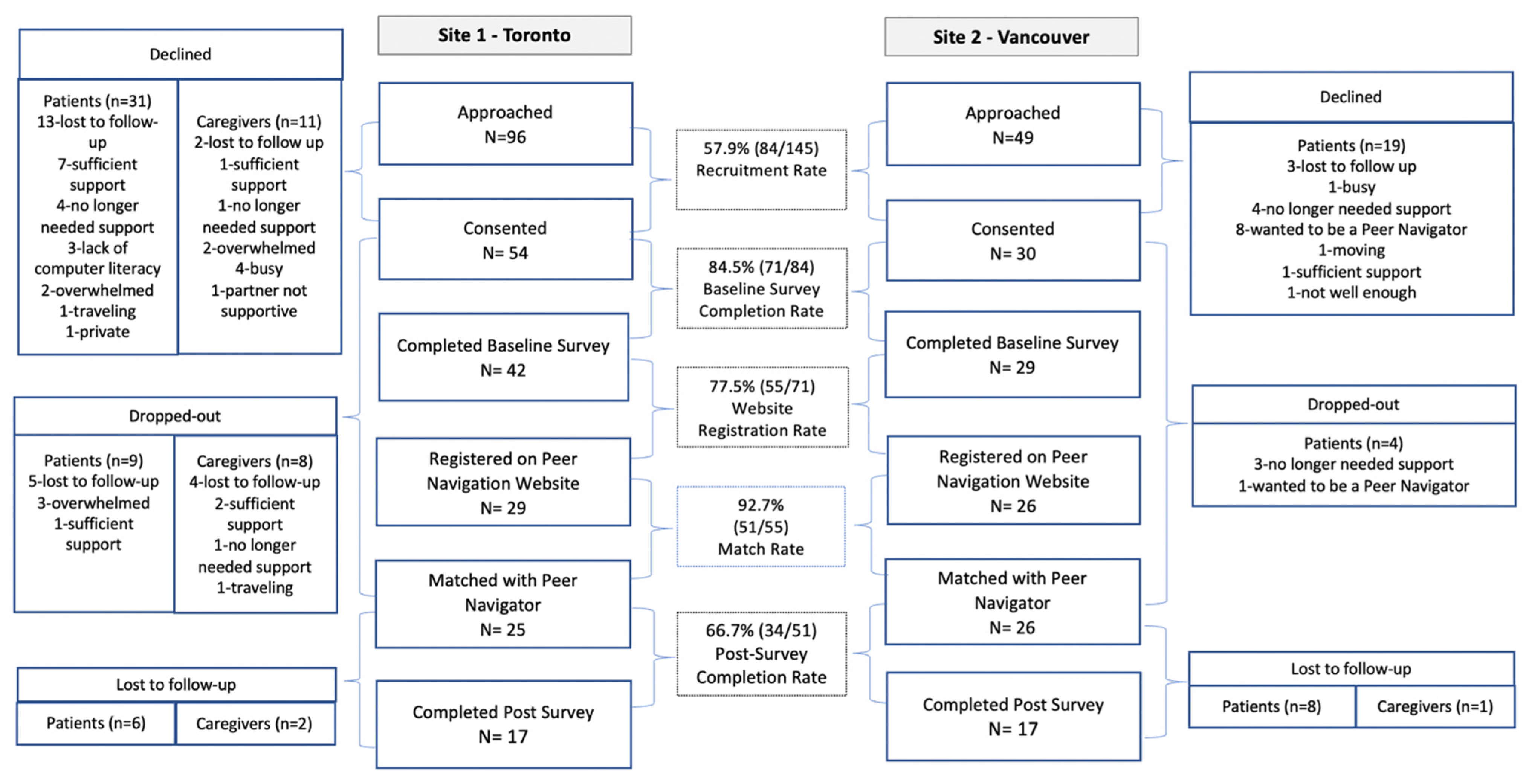
Current Oncology, Free Full-Text

First-line Atezolizumab Monotherapy Versus Single-agent, 43% OFF

Neoadjuvant Nivolumab plus Chemotherapy in Resectable Lung Cancer

Prioritising breast cancer theranostics: A current medical longing in oncology - ScienceDirect

Annals of Oncology, Journal
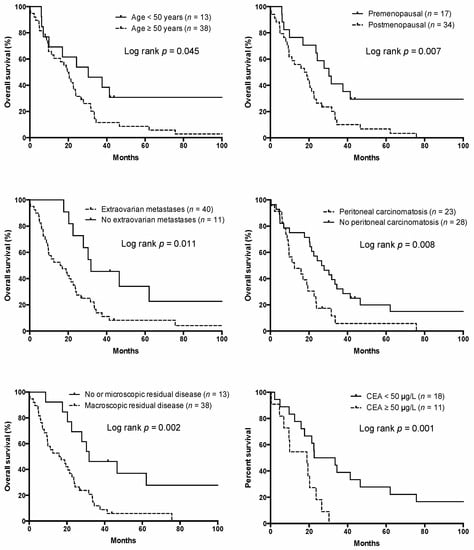
Clinicopathological Characteristics and Prognosis of 91 Patients

PDF) Hyperthermia today: Electric energy, a new opportunity in cancer treatment
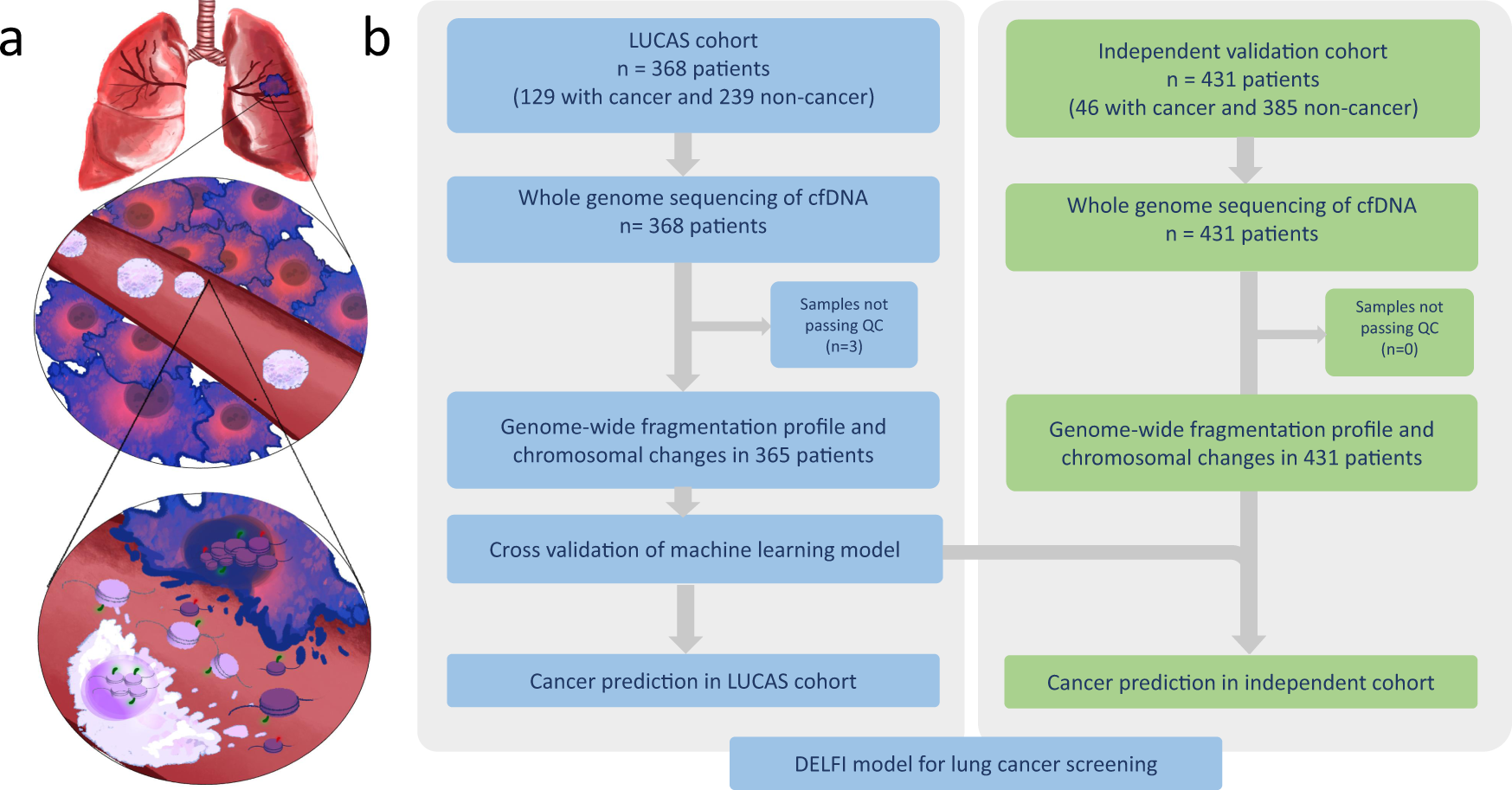
Detection and characterization of lung cancer using cell-free DNA fragmentomes
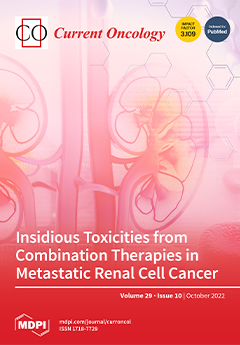
Current Oncology 2022 - Browse Issues
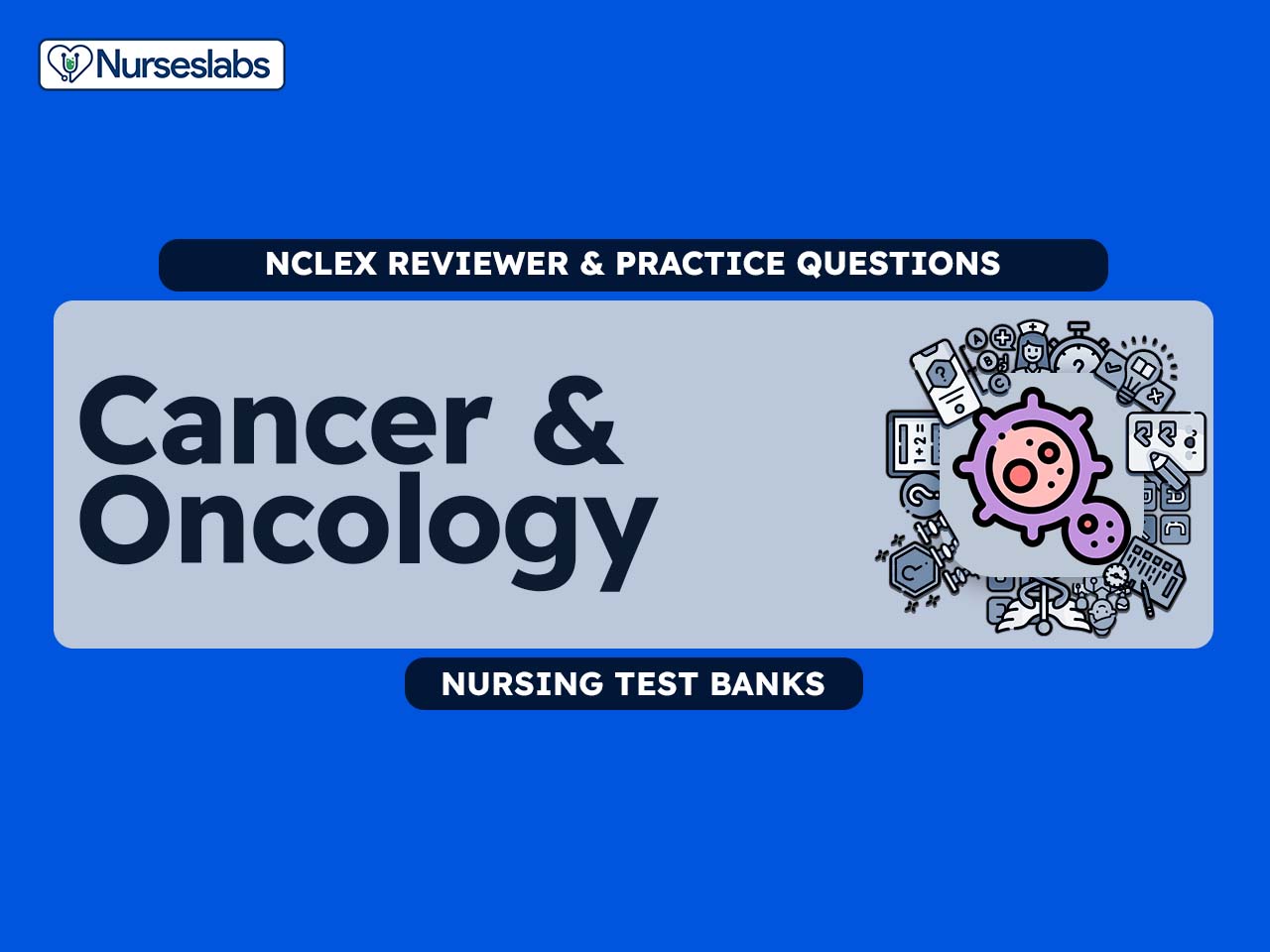
Cancer & Oncology Nursing NCLEX Practice Quiz (170 Questions) - Nurseslabs
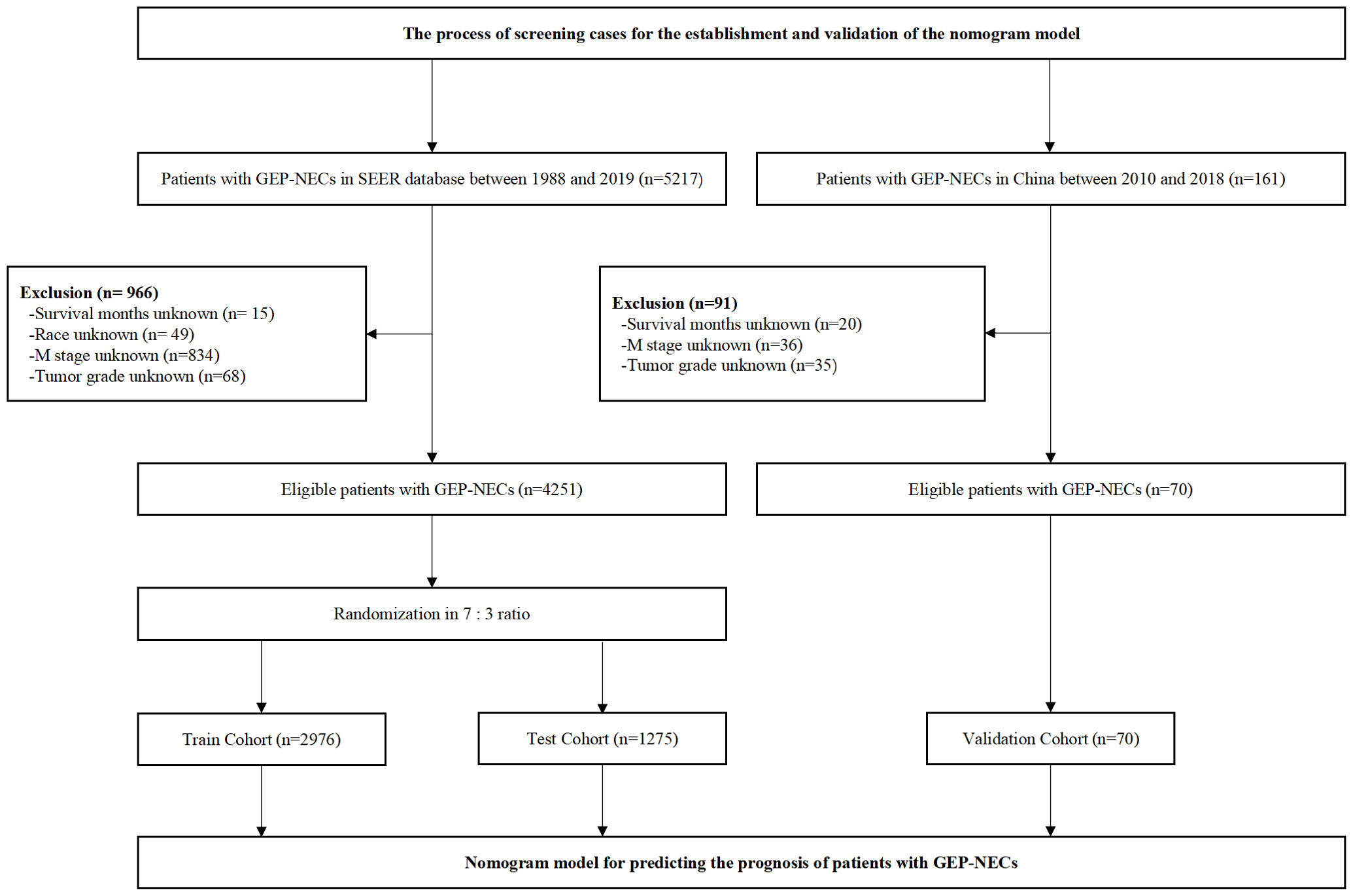
Clinicopathological Characteristics and Prognosis of 91 Patients